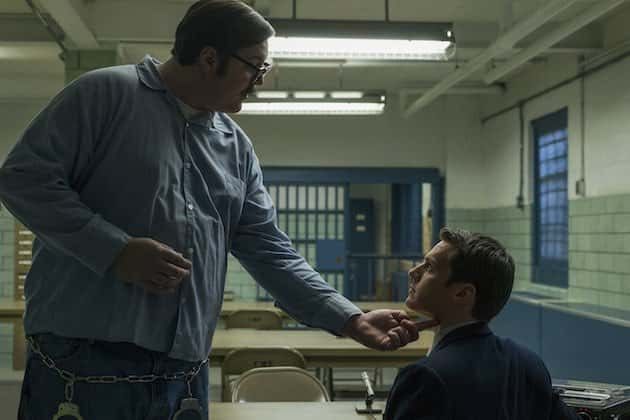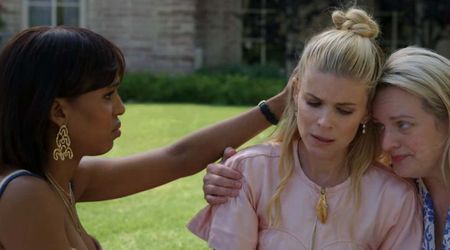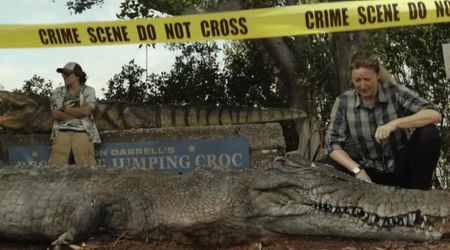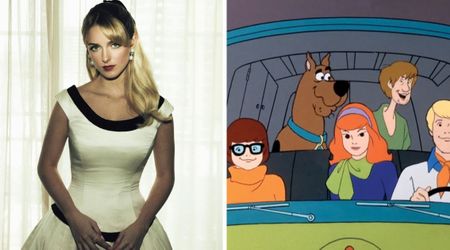'Mindhunter' is a quick study on how a killer thinks and comes close to mastering the art of criminal psychology

"The criminal is the creative artist; the detective only the critic," writer, philosopher and art critic GK Chesterton said.
Exploring the depth of these words is the David Fincher-produced thriller 'Mindhunter' that navigates its way through a complex narrative between FBI agents and sociopath murderers. Set in the late 1970s at FBI's Behavioral Science Unit, special agents Holden Ford (Jonathan Groff) and Bill Tench (Holt McCallany) delve deep into criminal psychology by getting uneasily close to all-too-real monsters.
How closely does the show touch upon the subject of criminal psychology and profiling? Based on a non-fiction book titled 'Mindhunter: Inside the FBI's Elite Serial Crime Unit' by best-selling author Mark Olshaker and legendary FBI profiler John Douglas, the crime drama series takes viewers into the motives behind serial killers and repetitive offenders.
In the show, Ford has a theory to interview incarcerated killers and gauge their mental and intellectual capacities. "Psychology is for backroom boys," Ford is told by a higher-up. "It's frowned upon." Not one to follow rules, he challenges that notion and tells his partner Bill: "How do we get ahead of crazy if we don't know how crazy thinks? What do we have in common? What unites us? What keeps us all awake at night?"
His interrogation begins with Edmund Kemper, a serial killer who started with murdering his grandparents and his own mother at the age of 15. To Holden's surprise, "Big Ed" astounds him with his intelligence and acuity. "Butchering people is hard work. Physically and mentally. I don't think people realize. You need to vent," Ed tells Holden.
One of the strong points of the show lies in its power of descriptions and dialogues instead of graphic display of violence. It is through its crisp and quick-witted writing that one really perceives the way a serial killer looks at a scenario.

As the agents go ahead with their in-depth interviews, they slowly start to get into the heads of criminals and that's where the lines are blurred. After all, the perpetrators also once existed in the same society. In one scene, Wendy Carr (Anna Torv), a closeted psychology professor, says: "Psychopaths are extremely skilled at imitating human emotions. It's how they manipulate other people, or how they gain power over their environment."
The most intriguing aspect of the debriefing sessions is that they focus on the childhood and past experiences of criminals who have a very peculiar way of committing crimes. Even as the process sounds gross and inhumane, it also sums up the work of a meticulous and patient mind.
Serial killers always have a bigger purpose—to send a message, and not to seek vengeance. They often work in intricate ways to complete that very mission. The plotlines of the show make it easier to understand how the killers are damaged to the extent that their ulterior motive to kill or steal is just for fulfillment. In most cases, it is proven that the criminals are more intelligent than the cops or detectives.
Elaborating on the bigger picture that Joe Penhall's show hopes to address, district attorney Esther Mayweather (Rhoda Griffis) says in the final episode of season one: "When you go from an abstract idea of murder to the visceral reality, you can no longer be objective. Only when you feel the pain of the victims and their loved ones can you know the magnitude of the choice that the killer made. And it's that choice that seals his fate."










